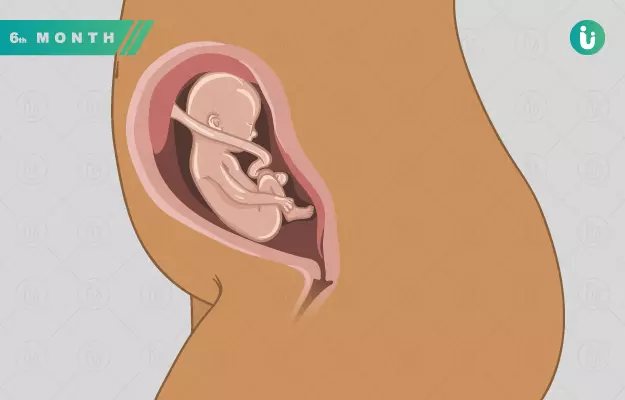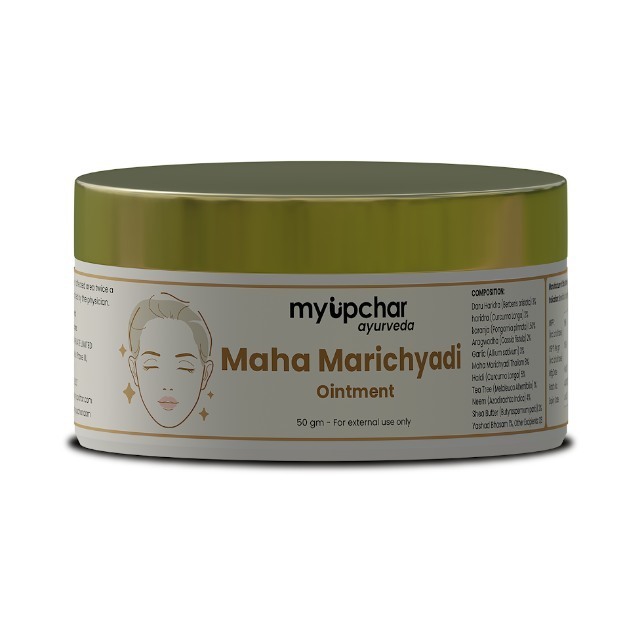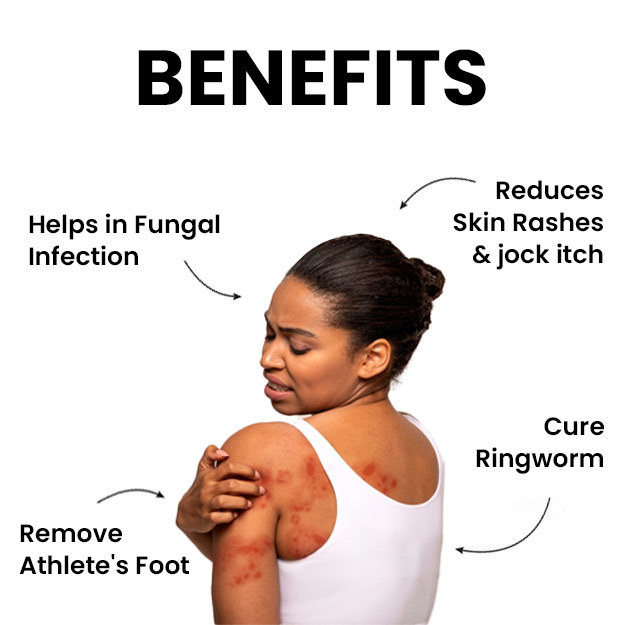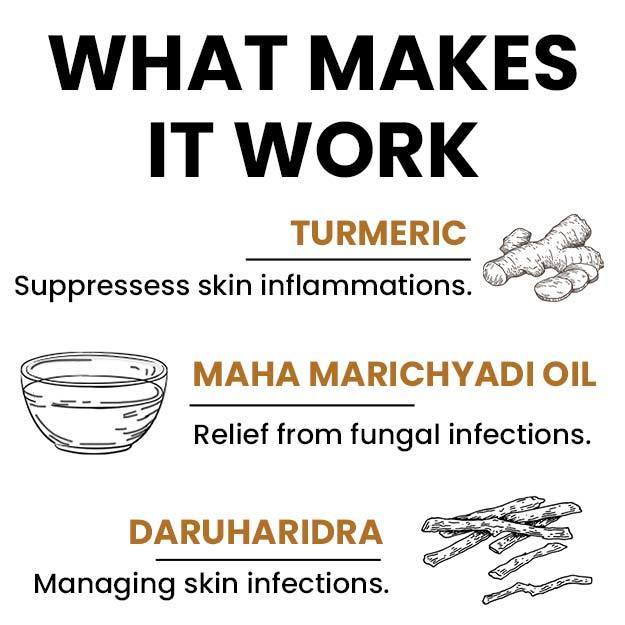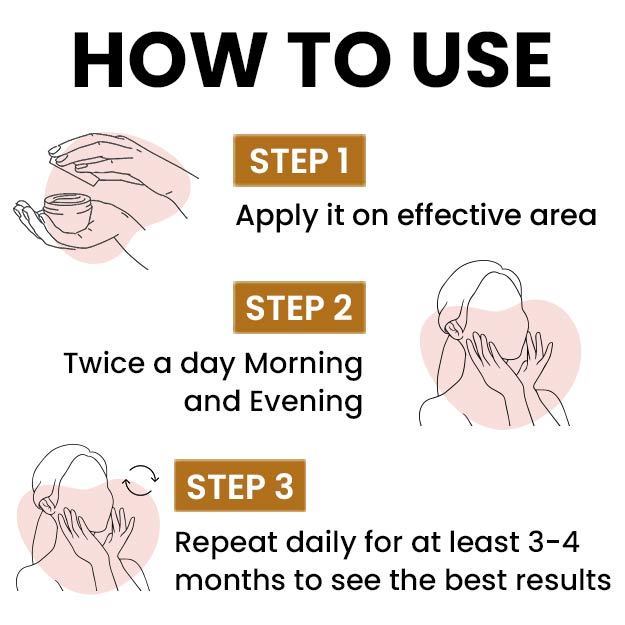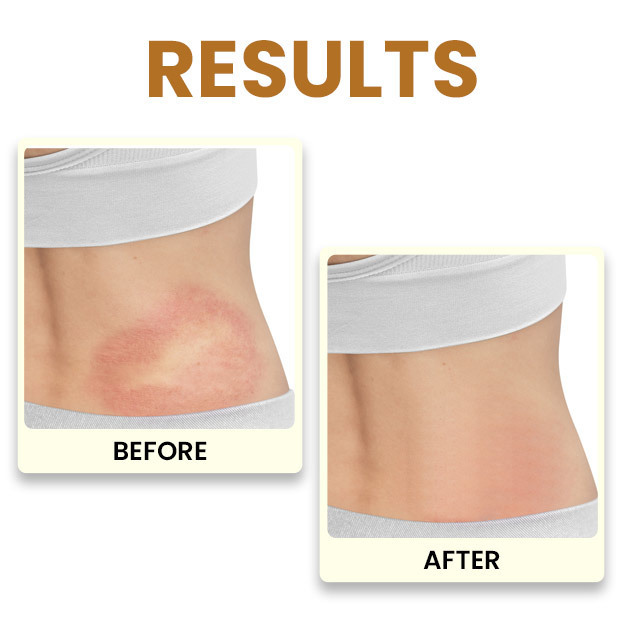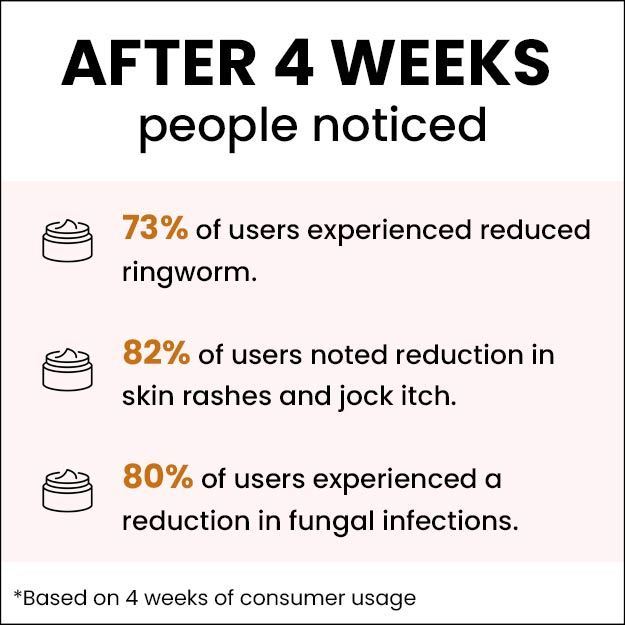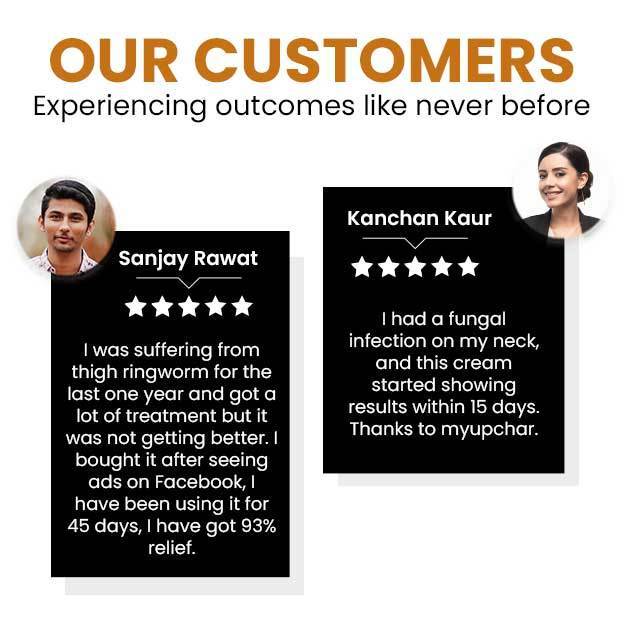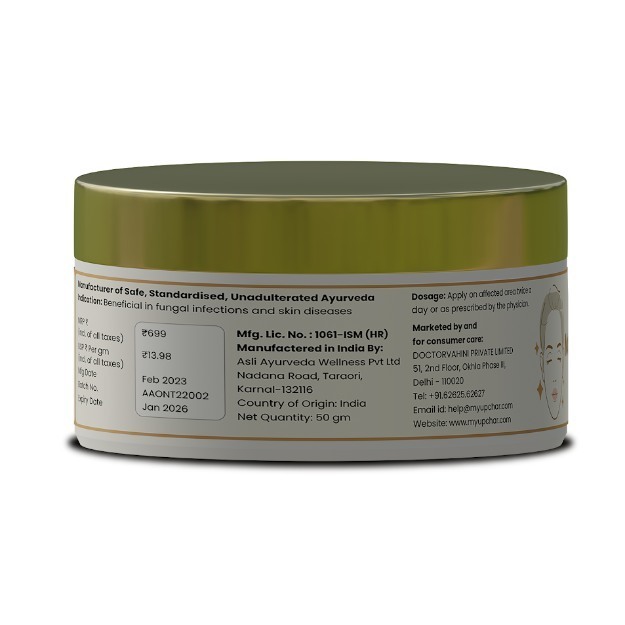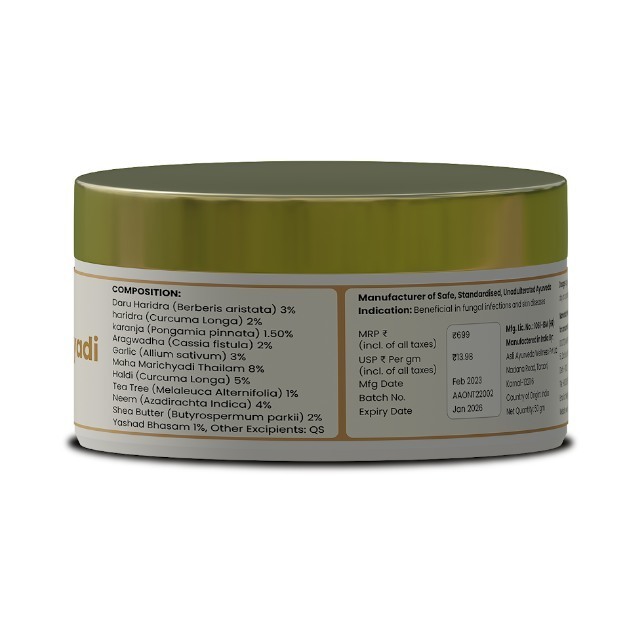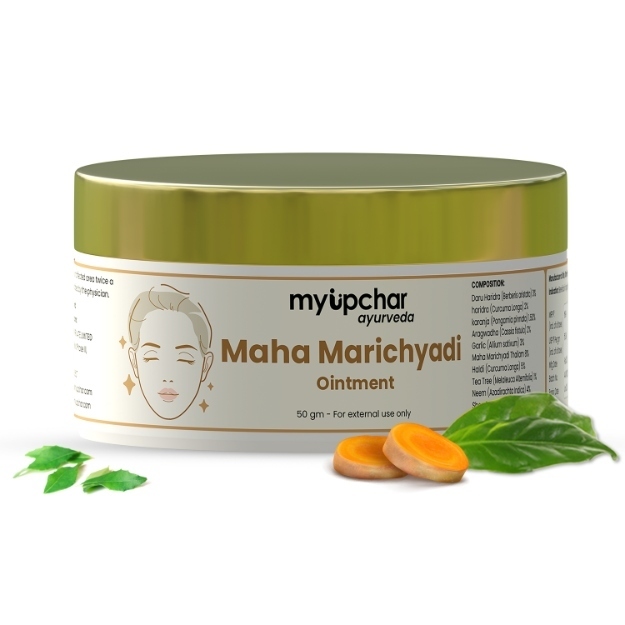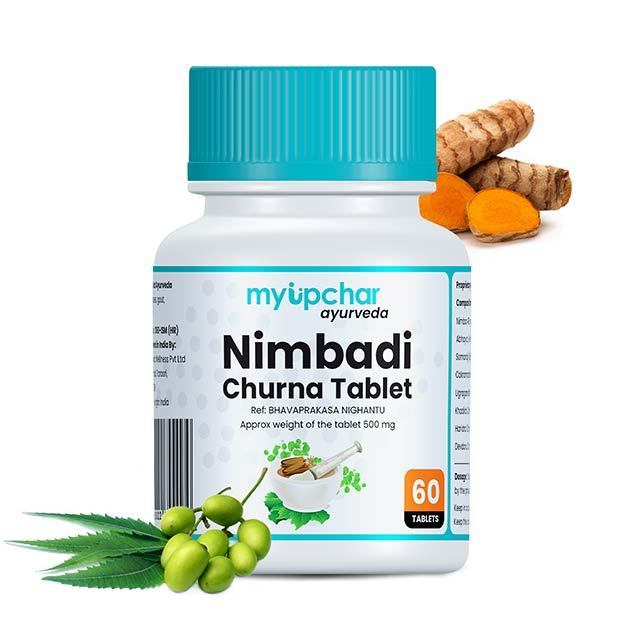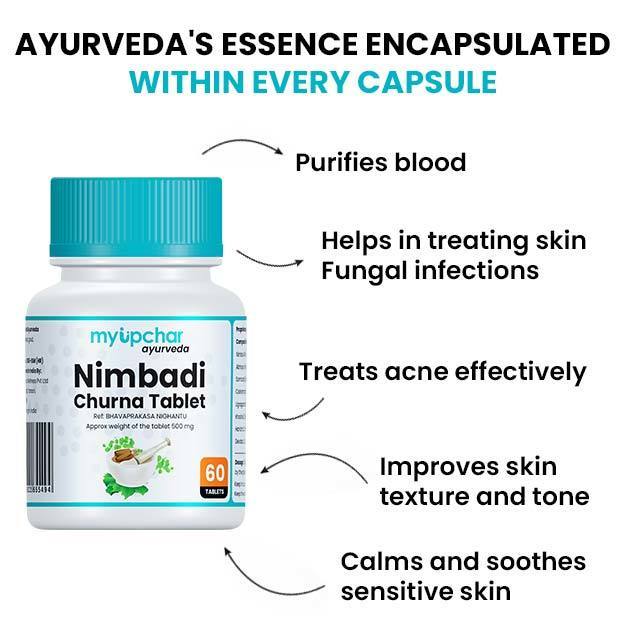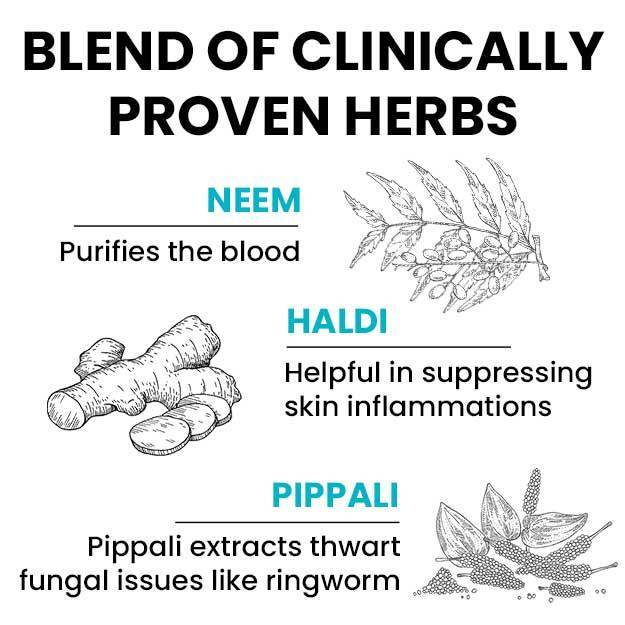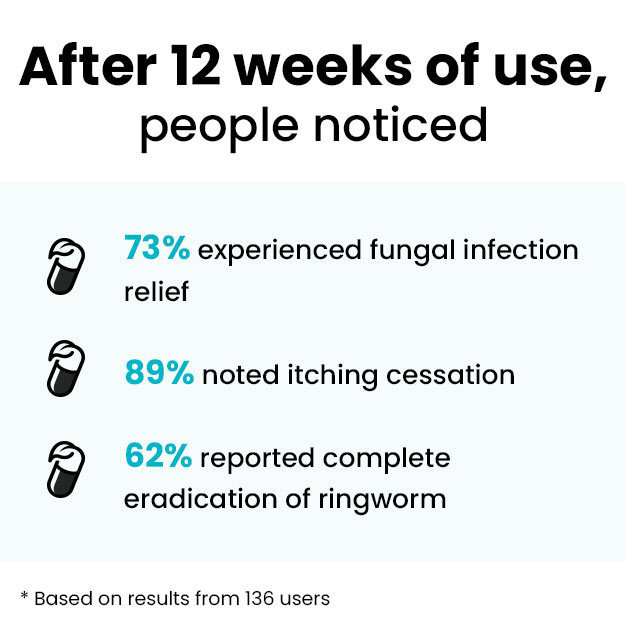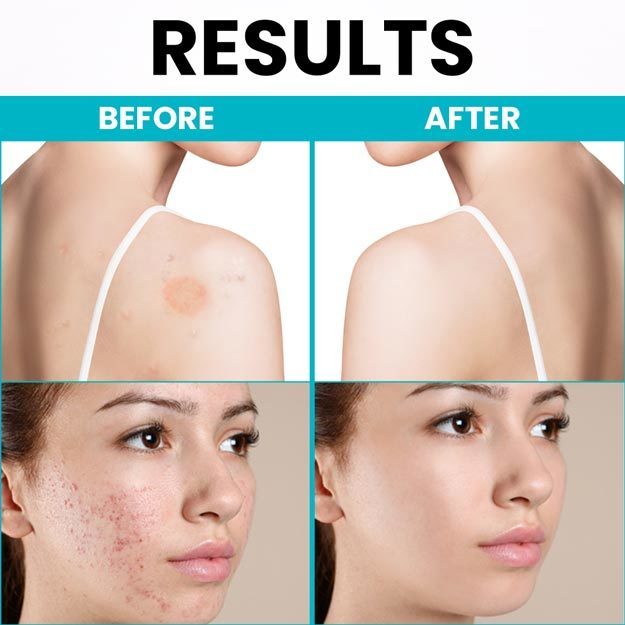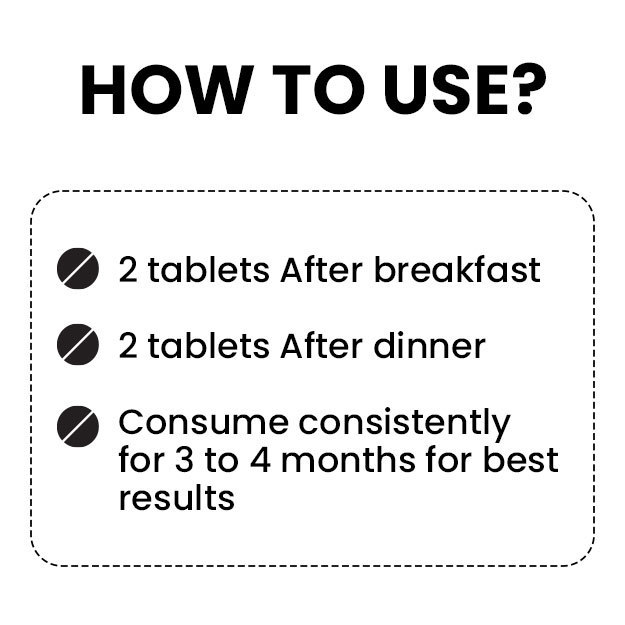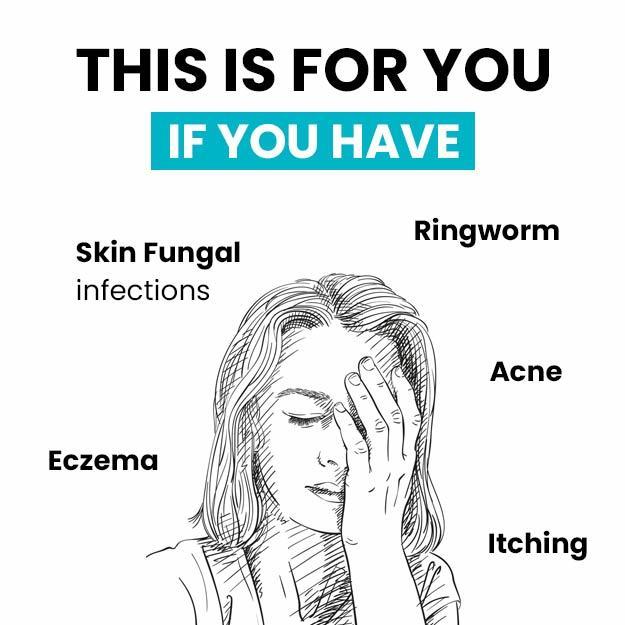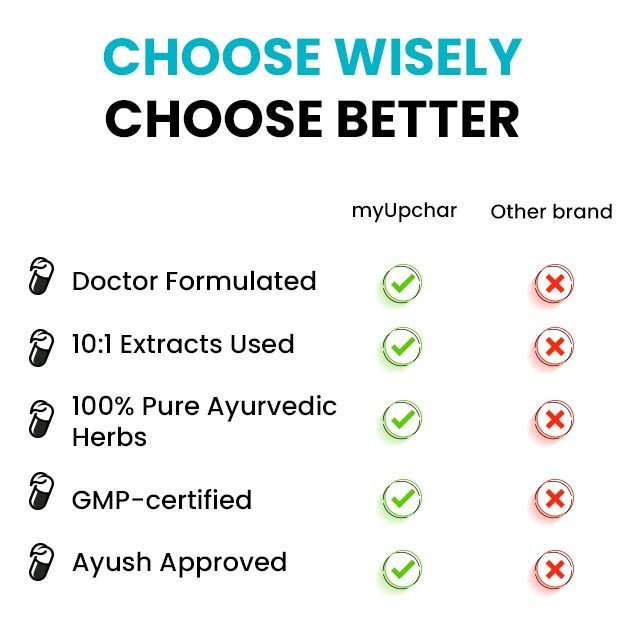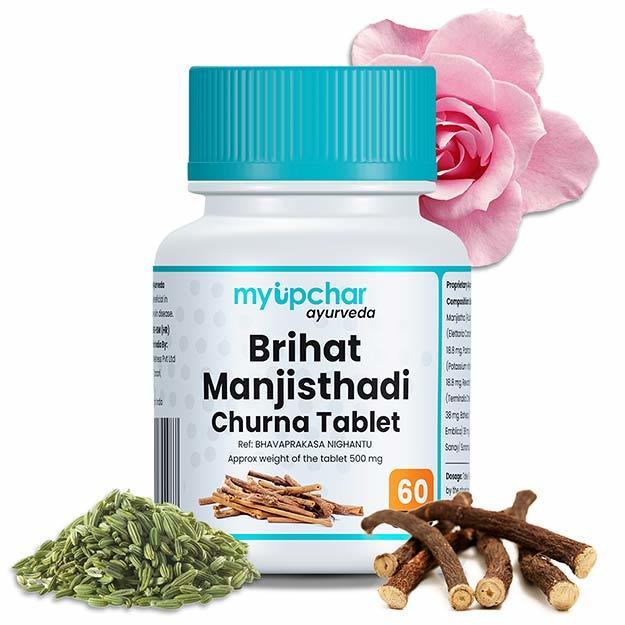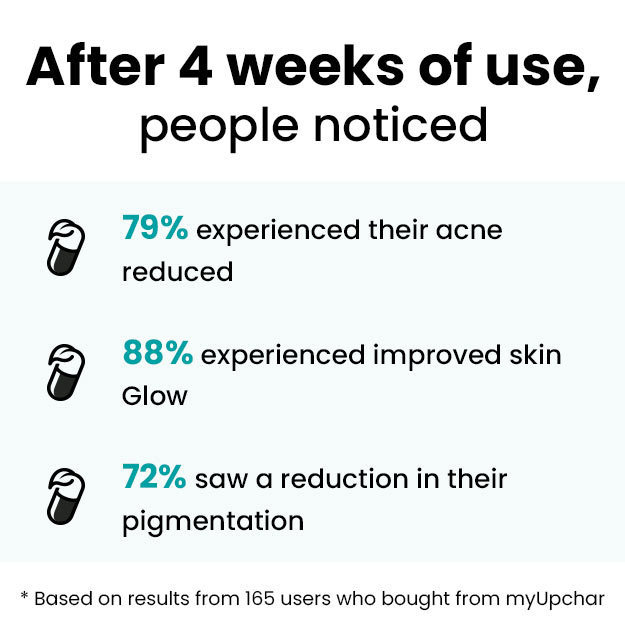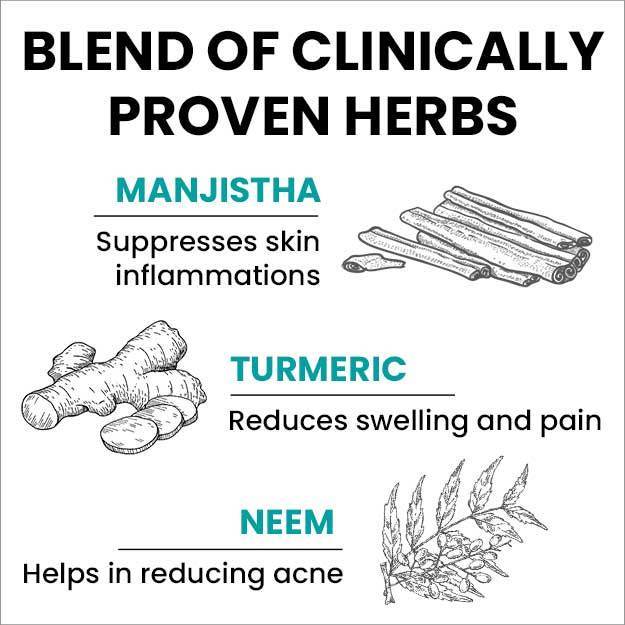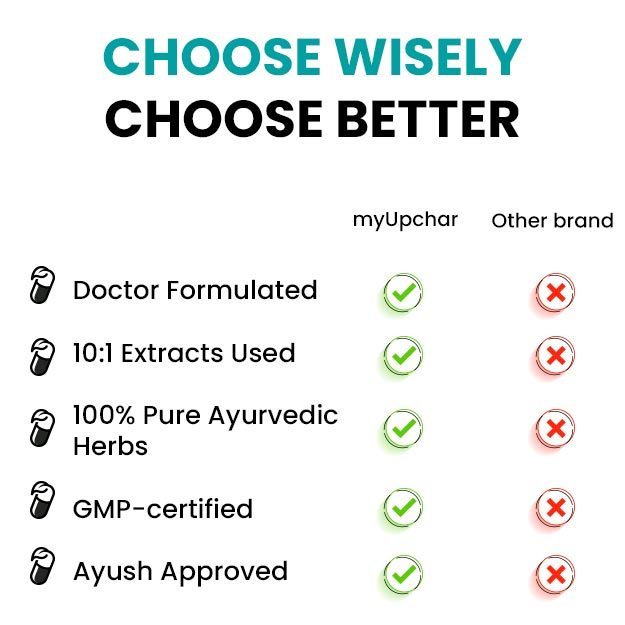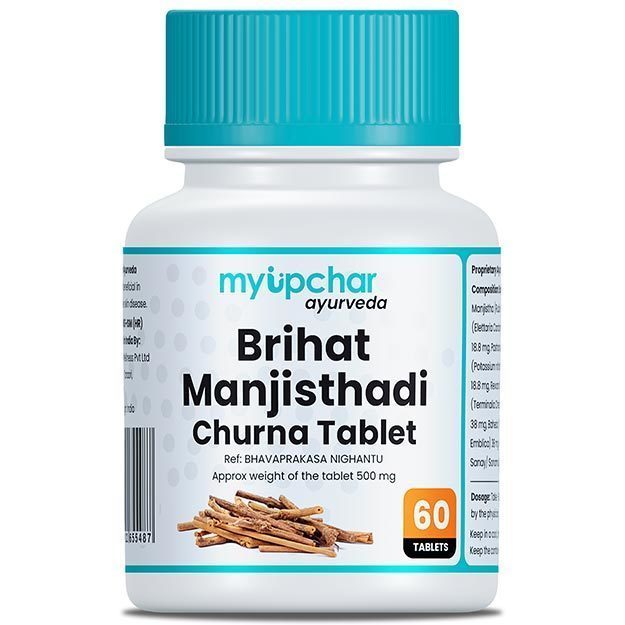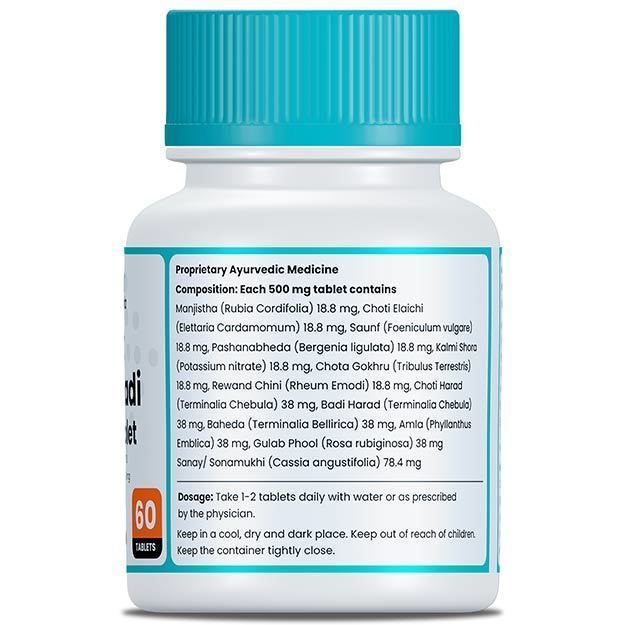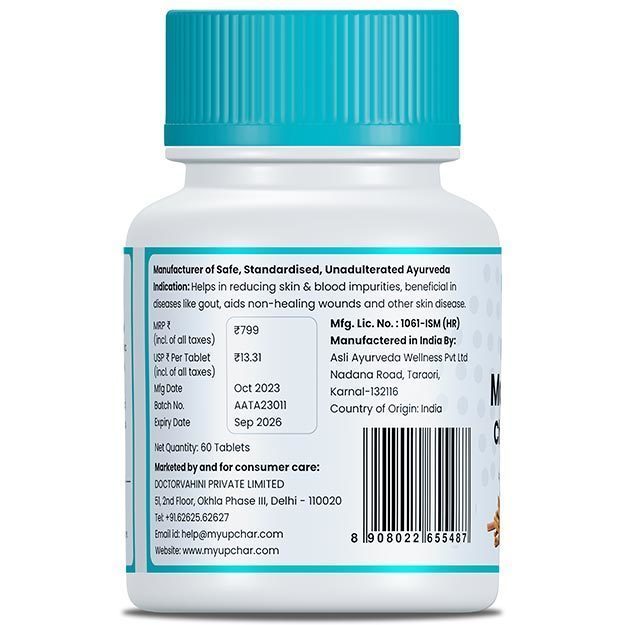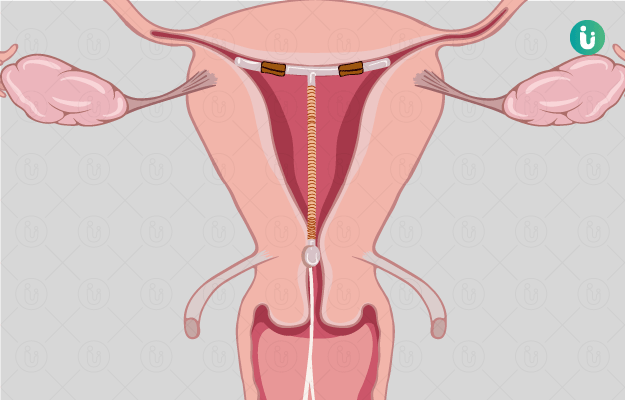Your baby is now growing fastly inside your womb and to supply for its nutritional requirements you might have to eat more. In fact, by now you may already be feeling a much higher appetite and frequent hunger pangs.
Generally, a non-obese woman needs to add 400 calories to her daily diet in the second trimester. But then again, it does not mean that you would start overeating and put on extra weight. Maintain a healthy diet.
Eat frequently instead of in bulk. It would not only keep you satiated but also make sure that your body gets a constant energy input without raising your blood sugar levels. Here is a list of foods that you can add to your diet without hampering your or your baby’s health.
Green leafy vegetables and fruits with peels: These not only provide for your mineral and vitamin requirements and are an excellent source of fibre in your diet. Eating plenty of fruits and vegetables alleviates constipation thereby reducing the risk of piles.
(Read more: Is it safe to eat papaya during pregnancy)
Dairy products: Apart from being a natural source of fatty acids, they make sure that your body gets its daily dose of calcium. You can always opt for 1 to 3 servings of dairy per day. However, it may vary depending on your physical and physiological condition and your baby’s needs. So, it is always recommended that you talk to a nutritionist to know the right serving size.
However, it is advisable to avoid soft cheese like brie and camembert.
Fluid intake: While you are maintaining a healthy diet it is never too difficult to miss your fluid intake. A pregnant woman needs about 2-3 litres of water every day. So, keep a tab of your water intake. You can also opt for certain juices but it’s better you make them at home as processed juices may contain preservatives and added colours which won’t do any good to your or your baby’s health. Also, they contain added sugars in excess. This increases your total calorie count without providing you with any nutritional help.
Coffee and tea should also be avoided because caffeine isn’t good for the baby’s development. Same goes for alcohol.
Meat, fish and eggs: It is best to opt for cooked meat, fish and eggs and opt-out raw and undercooked meats as most of these products increase the chances of listeriosis and salmonellosis. Cooking them completely makes sure that the pathogens for these are killed. Also, lean meats are a better option than high-fat meals and it is best to cut down on oily fishes like tuna, trout, sardines and salmon.
Apart from the aforementioned foods, it is advisable to include whole grains and unsaturated fats in your diet.
(Read more: Pregnancy diet)

